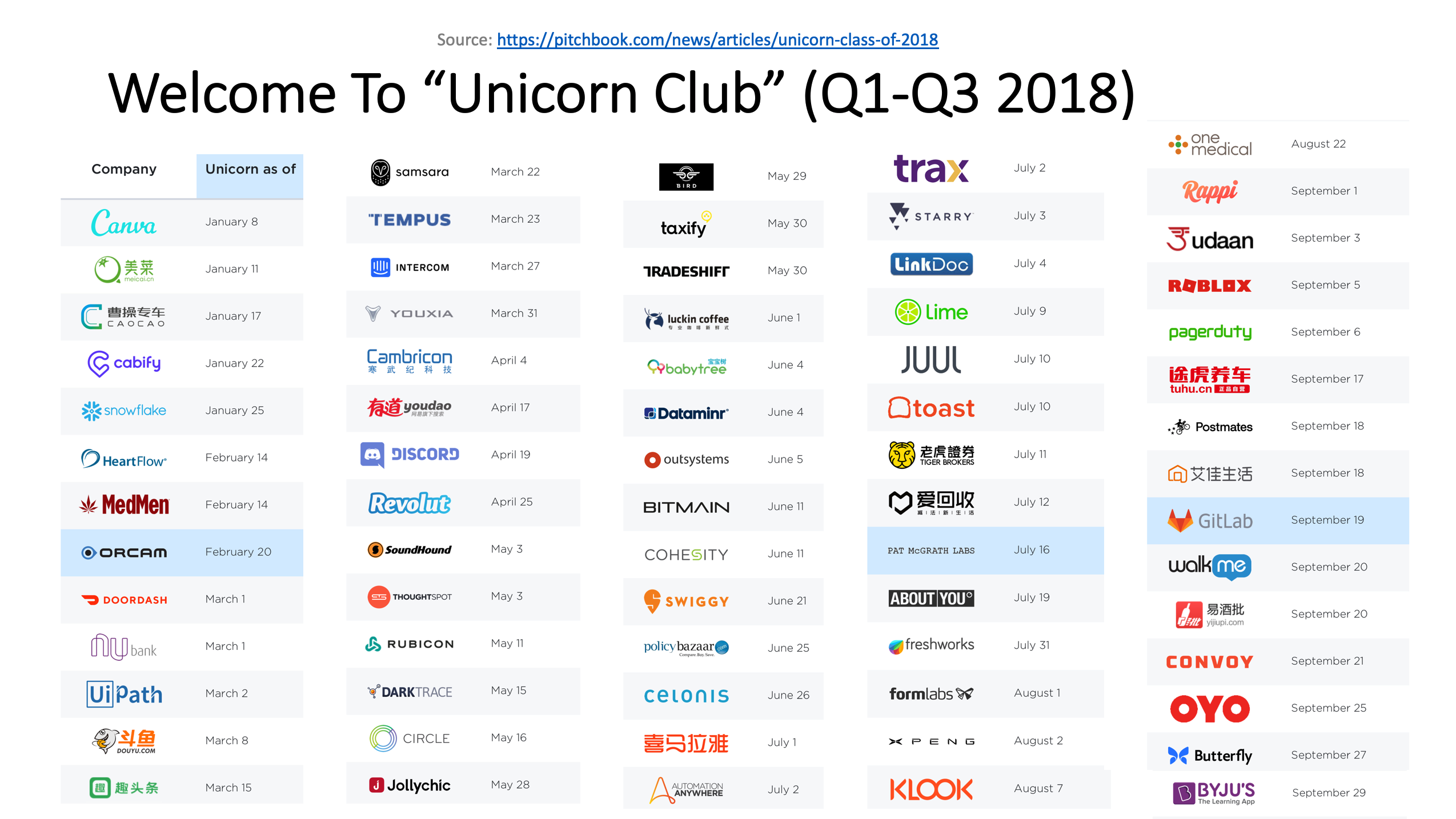China landed a probe on the unexplored far side of the moon last night and their space agency has released the first photos:



Translated Notes From China Space Agency
At 10:26 on January 3, the No. 4 detector successfully landed on the back of the moon at a distance of 177.6 degrees east longitude and 45.5 degrees south latitude, and passed back to the world’s first close range through the “Bridge Bridge” relay star. The photograph of the moon back image reveals the mystery of the ancient moon back. The mission realized the first soft landing of the human detector and the relay communication of the first moon back with the earth, which opened a new chapter in human lunar exploration.
At 10:15, the scientific and technical personnel issued instructions at the Beijing Aerospace Flight Control Center. The No. 4 detector began to reduce the power from the distance of 15 km from the moon. The 7500N variable thrust engine was turned on, and the speed of the detector was gradually increased from the relative 1.7 km to the moon. Drop to zero every second. At 6-8 km, the detector performs rapid attitude adjustment and keeps approaching the moon; it starts hovering at a distance of 100 meters from the lunar surface, identifies obstacles and slopes, and autonomously avoids obstacles; after selecting a relatively flat area, Start slowly and vertically down. About 690 seconds later, the No. 4 detector landed autonomously in the von Carmen crater in the Antarctic-Aitken Basin on the back of the moon. During the lunar landing, the landing camera captured multiple landing area imagery.
After the moonfall, under the ground control, through the relay communication link of the “Bridge Bridge” relay star, the 嫦娥4 detector carried out a number of tasks such as the sunwing and directional antenna deployment, and established a directional antenna high-speed link. . At 11:40, the lander surveillance C camera acquired the world’s first close-up image of the moon’s back and passed it back to the ground. The picture shows the direction of the patrol that is about to leave the lander and sail towards the moon.
The 嫦娥4 detector consists of a lander and a patrol. A total of 8 payloads including 2 international cooperative loads are installed. The landformer is equipped with a topographic camera, a landing camera, a low-frequency radio spectrum analyzer, and cooperates with Germany. Four loads such as lunar neutrons and radiation dose detectors; panoramic cameras, moon-receiving radars, infrared imaging spectrometers, and neutral atomic detectors in cooperation with Sweden are installed on the patrol. These instruments will conduct low-frequency radio astronomical observation and research on the back of the moon through in-position and inspection. The patrol area morphology, mineral composition and lunar surface structure study, and experimentally carry out lunar neutron radiation dose, neutral Atomic and other lunar environment research. In addition, the lander is also equipped with a lunar biotech test load. The No. 4 mission provides opportunities for Chinese and foreign scientists to explore space.
Scientists believe that the back of the moon is more ancient than the front. The material composition and geological age of the von Carmen crater is representative and valuable for studying the early history of the moon and the solar system. The back of the moon is also a rare quiet place that shields the radio signal interference from the Earth. The low-frequency radio astronomical observations can fill the gaps in the low-frequency observation section of the radio astronomy field, providing the possibility to study the sun, planets and extrasolar objects. It will also provide important information for studying the origin of stars and the evolution of nebulae. Based on this, China National Space Administration is willing to cooperate with space agencies, space science research institutions and foreign space science enthusiasts from all over the world to explore the mysteries of the universe.
Subsequently, the No. 4 detector will pass the relay communication link of the “Bridge Bridge” relay star, and under the ground control, the equipment working mode adjustment and other work will be carried out, and the lander and the patrol device will be separated.








 DiDi Has a Lot of Advantages in Autonomous Vehicle Development
DiDi Has a Lot of Advantages in Autonomous Vehicle Development












